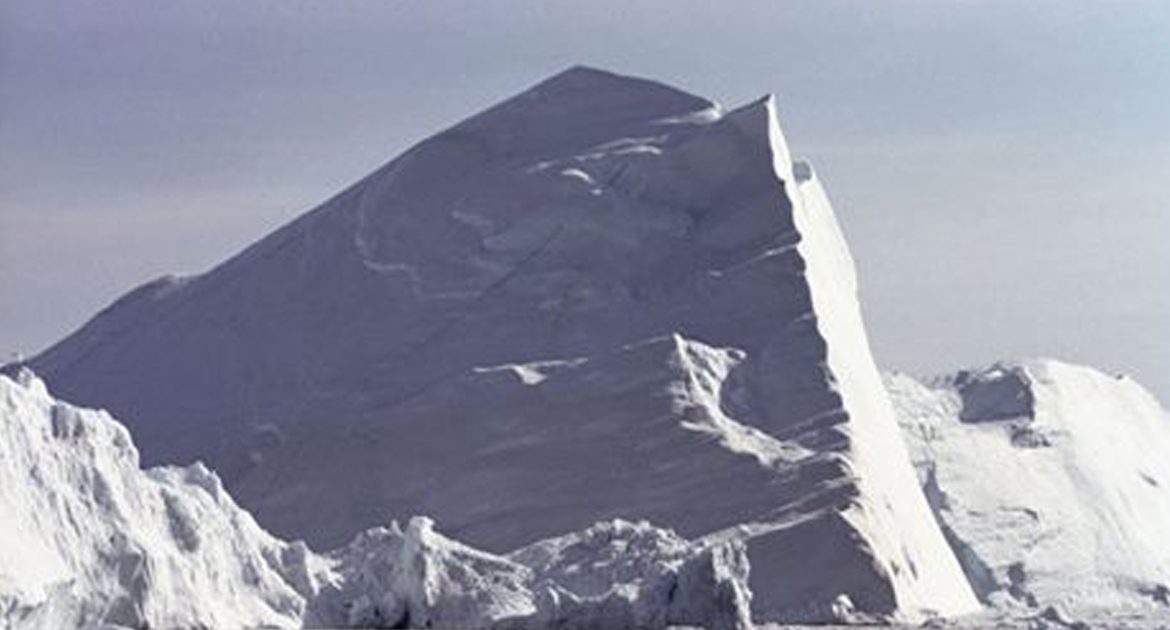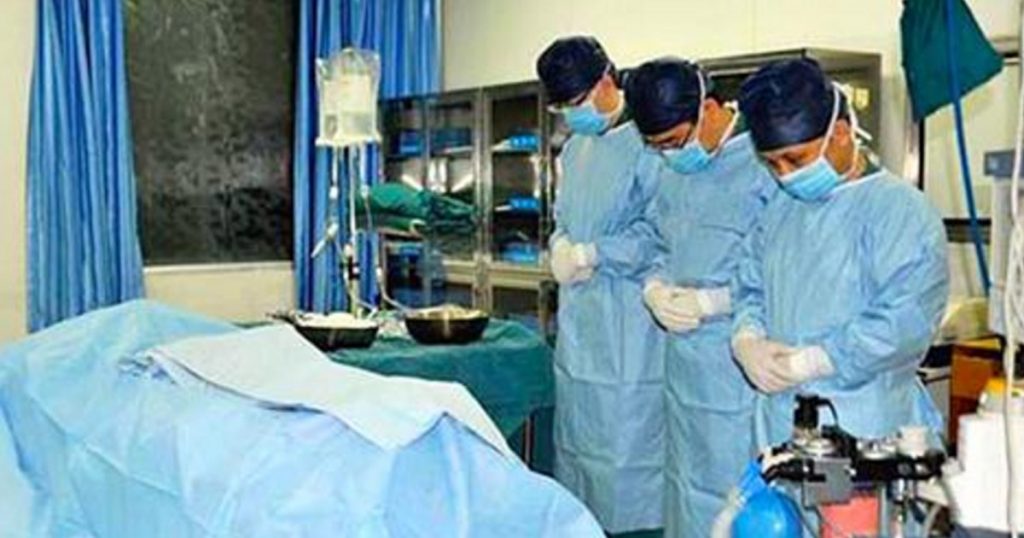A Canadian research study about the impact of climate change had to be canceled because of complications with the movement of Arctic sea ice, ironically caused by climate change.
According to ScienceDaily.com, the Science Team of the Canadian Research Icebreaker CCGS Amundsen canceled the first leg of their 2017 Expedition because the motion of the Arctic Sea ice makes it a hazardous endeavor.
The site notes, “This regrettably postpones the much-anticipated Hudson Bay System Study (BaySys) involving 40 scientists from five universities across Canada. Timing was key for this $17 million, four-year, University of Manitoba-led project.”
Despite the Expedition Logistics and Science Teams attempts to schedule the departure of the Amundsen six days earlier than planned, safety issues surrounding the severe ice conditions became a huge concern.
Science Daily notes: “This decision to cancel the BaySys 2017 program was not made lightly. Although the cancellation was due to circumstances beyond control of the Expedition Team, every effort was made to develop a viable option to allow this valuable work to proceed.”
Additionally, Dr. David Barber, Expedition Chief Scientist and BaySys Scientific Lead, explained, “Considering the severe ice conditions and the increasing demand for Search And Rescue operations (SAR) and ice escort, we decided to cancel the BaySys mission. A second week of delay meant our research objectives just could not be safely achieved — the challenge for us all was that the marine ice hazards were exceedingly difficult for the maritime industry, the CCG, and science.”
Despite this setback, the remainder of the study will be conducted, with Dr. Louis Fortier, Scientific Director of the Amundsen and ArcticNet Science program, explaining, “This extremely unfortunate event is not expected to affect the remainder of the 2017 Amundsen Expedition resuming on July 6. We believe that the oceanographic studies will proceed as planned and do not anticipate an impact on the Nunavik Inuit Health Survey. The Amundsen Science Team is committed to working with Canadian Coast Guard and our industrial partners to plan a 2018 BaySys program.”
Dr. Barber also told Vice.com: “It became clear to me very quickly that these weren’t just heavy ice conditions, these were unprecedented ice conditions.”
He added, “We were finding thick multi-year sea ice floes which on level ice were five meters thick… it was much, much thicker and much, much heavier than anything you would expect at that latitude and at that time of year.”
The ice caused damage to boats, with some sinking, and others frozen in place, all of which required resources for multiple search and rescue operations.
Barber further told Vice: “If we were to leave and go do the science program we would be putting lives and equipment at risk off the Newfoundland coast. If we were to go we would then be contracting our field program in the Arctic significantly thereby putting our own science teams at risk.”
One person made this observation in the YouTube video comments: “Climate change study group is sent out to take measurements concerning the melting of ice caps and the rising sea level. Study sent out gets postponed because the ice is to thick. Blames climate change.”






